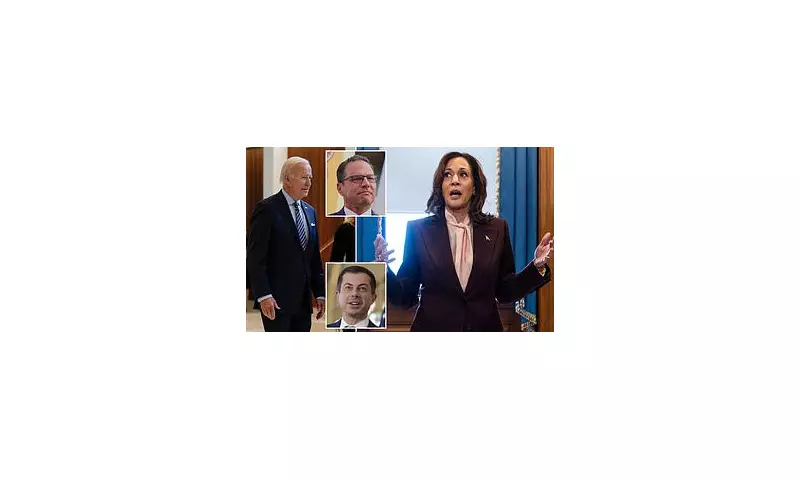
US Vice President Kamala Harris is facing a firestorm of criticism over a nationwide book tour that critics are branding a thinly-veiled campaign excursion funded by the American taxpayer. The tour, officially to promote her new memoir 'Smart on Crime: A Career Prosecutor's Journey to Justice', has seen her utilise private government jets for journeys to key Democratic strongholds.
The controversy centres on the use of the Vice President's official travel allowance, funded from the public purse, for what is ostensibly a private, money-making venture. Government ethics rules strictly prohibit the use of official resources for personal financial gain, creating a significant grey area for a sitting Vice President on a promotional tour.
A Campaign by Any Other Name?
Observers have been quick to note that the tour's stops are less than coincidental. Events have been strategically planned in pivotal states like Georgia, Michigan, and North Carolina—all critical battlegrounds for the upcoming presidential election. This has led to accusations that the tour is a de facto campaign trip, allowing Harris to rally support and shore up the Democratic base under the guise of a literary event.
Further fuelling the outrage is the reported use of a private government jet, a perk that comes with an enormous carbon footprint and a hefty price tag for fuel and security, all billed to the taxpayer.
White House Defence and Public Backlash
The White House has pushed back against the criticism, insisting that all travel has been conducted in full compliance with ethics regulations. A spokesperson stated that a portion of the costs associated with the political elements of the trip would be reimbursed by the Democratic National Committee.
However, this explanation has done little to quell the anger from government watchdog groups and Republican figures. They argue that the very blending of official and political business is unethical, presenting a clear conflict of interest and undermining public trust.
This incident places a renewed spotlight on the perennial debate surrounding the use of taxpayer money and government resources by high-ranking officials for activities that blur the line between their public duties and private ambitions.





